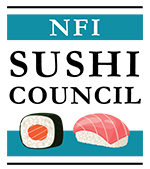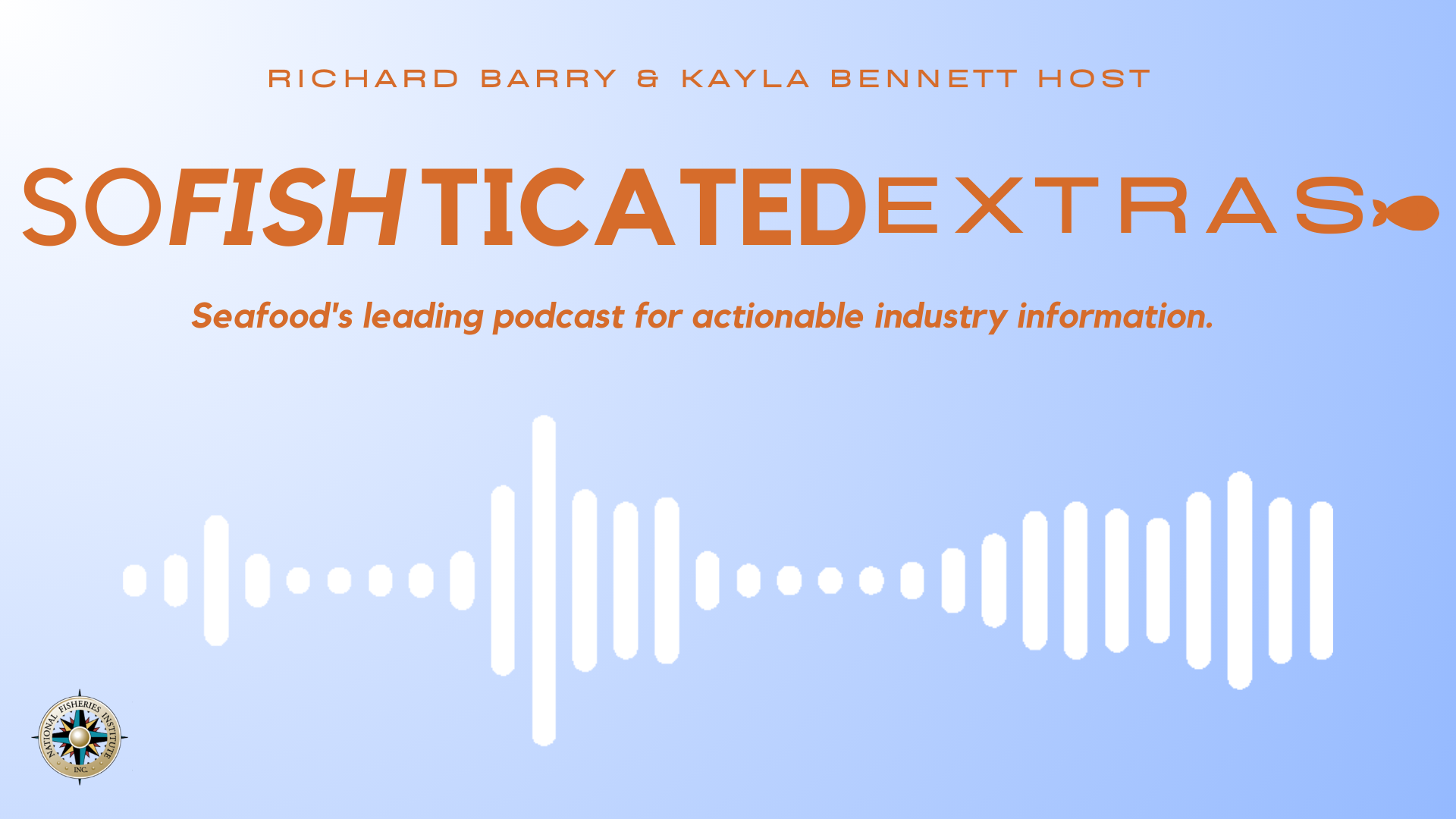What Do You Call a Food Fraudster?
We dont normally run across three separate internet articles about food fraud in the same week, much less that same day. Maybe food fraud isnt so much of a secret any longer.
All three of these caveat emptor articles have a strong consumer focus and use strong words to describe those in the industry that cheat the customer.
Foodies Beware: The Rising Tide of Food Fraud by Danielle Dresden provides four solid examples of actual seafood fraud cases (species substitution, misrepresentation of country of origin, substituting farmed for wild) as well as pointing out examples of other highly-valued food products such as olive oil, coffee, cheeses that are frequently the victim of food fraud. The food fraudsters are called criminals and the article suggests that to stop a criminal one may need to think like a criminal to come up with ways to combat the fraud.
Food Fraud is Big Business Today! by Ruth Tan is mainly about the world of honey fraud. But substitute honey with fish in the article and it could be an article written by the BSB. Adulteration and misbranding by the honey fraudsters (referred to as food criminals in the article) arethechallengesfaced by honeysuppliers wanting to do the right thing.
Are FDA food labels accurate? by Art Young suggests that food crooks will only be stopped when the federal food regulators (i.e., FDA) step up to the plate to protect the consumer.
Criminals, Food Criminals, Food Crooks are strong words but how else should someone who violates the basic provisions of the Federal Food, Drug, and Cosmetic Act for monetary gain be described?


